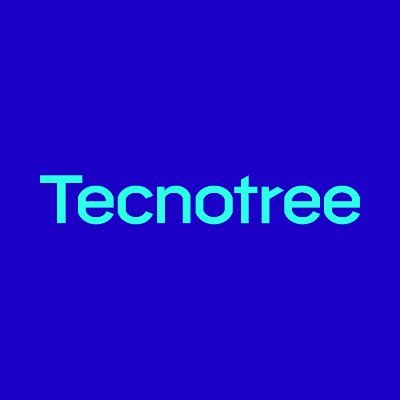


A key part of Telkomsel’s transformation is to create better, data-driven experiences for customers and greater engagement across channels to encourage loyalty and higher spending. To achieve this, the operator created the Integrated System for AI & Advanced Analytics (ISYANA) platform to recommend personalized products, based on customers’ behavior.
Telkomsel is Indonesia’s largest telco, with a diverse customer base of 175 million spread across an archipelago of more than 17,000 islands. The operator offers customers applications including MyTelkomsel self-service channel, an assisted channel, Digipos, Dunia Games portal, Maxstream video service and more. As customers behave so differently within each of them, a static, rule-based, segmentation algorithm cannot provide sufficiently personalized recommendations across them all.
Outcomes
Customers join various programs
+20.75%
due to Next Best Offer recommendations
Higher clickthrough rate
37%
by integrating Dunia Games/ISYANA
System availability
99.99%
during production cycle due to ISYANA’s DevOps framework
Getting apps into production
<30'
instead of 3-4 hours

